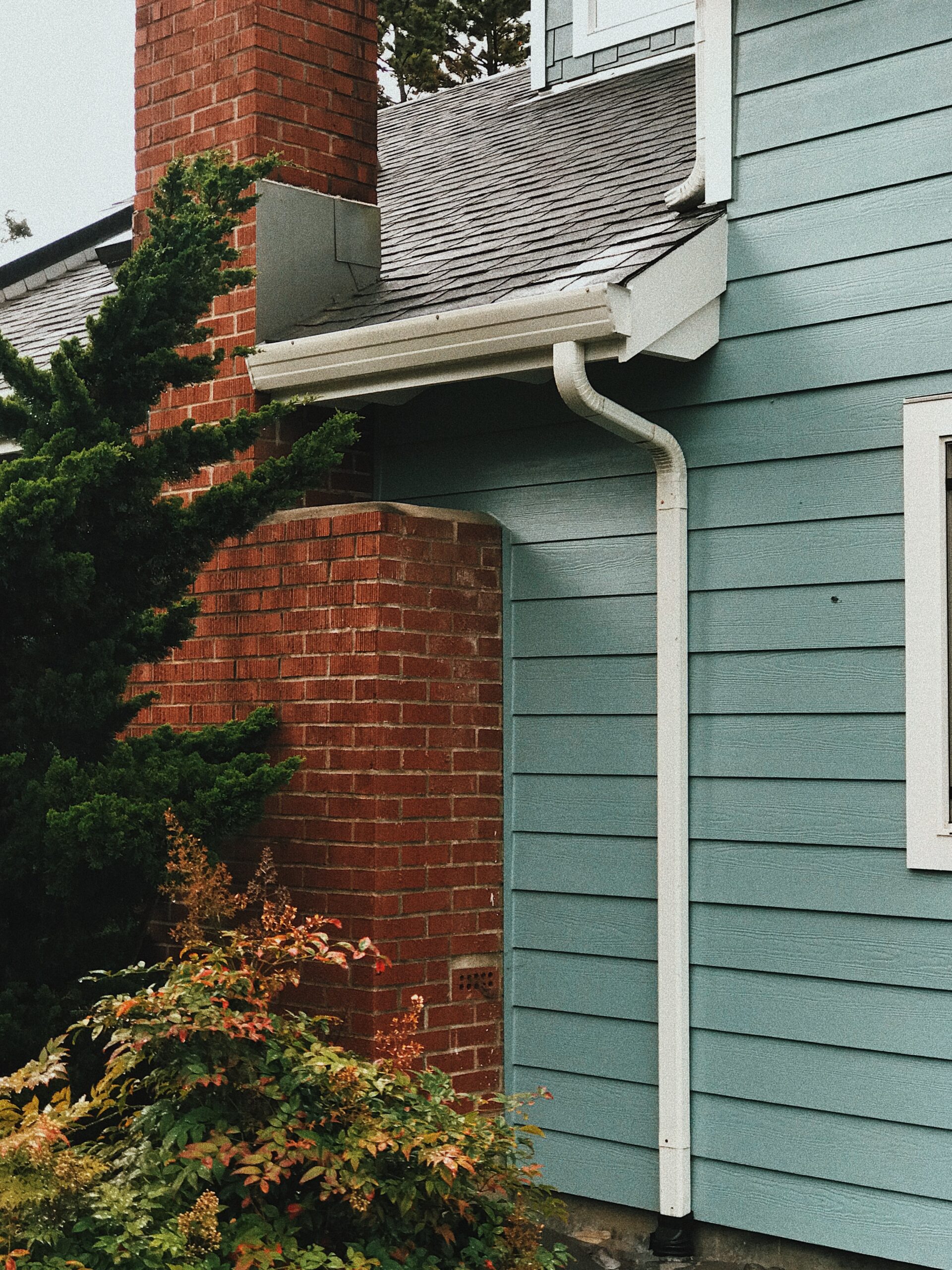With any severe event, the first priority is safety. What are the safest rooms in your home? Ideally, you will want to pick an interior room with no windows. If there is a tornado watch or warning, you will want to stay in an interior room in the lowest level of your house.
Once a plan is in place to keep everyone safe from the elements, it is time to protect your home from storm damage.
According to NOAA (National Oceanic and Atmospheric Administration) a busy Atlantic hurricane season is predicted for 2020.
Here are 5 essential tips that can be taken to minimize storm damage to your home.
1) Pick up Debris in the Yard
Keep your yard clean and uncluttered. Put away outdoor items after using them, such as tools, and sporting equipment. This will reduce the amount of flying debris and wind damage in the event of a severe storm.
2) Clean Your Gutters
If your gutters currently have branches, leaves and dirt, among other debris, clean and remove before severe storms appear. If your gutters are filled with leaves and dirt, this can block the water that needs to run off your roof during a storm. If the water builds up, it can settle around your roof and house, and cause expensive water damage to your home.
3) Trim Your Trees Regularly
Inspect your property and make sure that you trim the trees closest to your property to protect your home and power lines from downed branches. Remove branches that are dangling, even if they are small. If you find any branches in the yard, remove them before the wind starts up.
4) Inspect the Foundation of Your Home
If there are any gaps or cracks in your house’s foundation, water could seep into your home during a heavy rainstorm and cause major water damage. Make sure you repair any cracks to your foundation, call a professional if needed.
5) Have Your Roof Inspected
It is especially important to have your roof inspected each year. This will help you find any issues and correct them before severe weather arises and decreasing your chances of severe storm damage. It is best to fortify and strengthen your roof, so it is ready to take the brunt of a severe storm.
Consult a roofing contractor to learn about these reinforcement options:
Structural Reinforcement
The trusses of your roof can be directly reinforced using overlapping two-by-fours to increase overall strength.
Roofing Cement
A strong adhesive applied under shingle tabs to prevent stripping.
Hurricane Straps
These are straps that connect your roof to your home’s walls using clips, providing increased stability.
Always keep in Mind:
- A severe thunderstorm watch means that conditions are perfect for a big storm. A severe storm could be imminent.
- A severe thunderstorm warning means that there is a severe storm in your area, and you need to shelter immediately.
Other storm related tips
- Create and have standing by, an emergency kit
- Charge all your electronic devises before the storm hits
- Purchase a standby generator
About American Claims Ensurance
American Claims Ensurance specializes in homeowners and business insurance claim representation. We work vigorously and for YOU to ensure you get the highest possible settlement from the insurance company. Best of all, when you hire the best public adjusters to represent you, you will not have to deal with the stress of working with your insurance company.
American Claims Ensurance offers our insurance claim representation services on a contingency fee basis to YOU. That means, that if we do not collect any funds for you, we do not get paid at all. We will handle the entire claim process from beginning to end and make sure you get the settlement YOU deserve.
American Claims Ensurance has decades of combined experience and expertise knowledge on how the claim process works. We will also help to expedite your claim as quickly as possible.
We represent home and business owners and are retained as expert witnesses by various law firms in a variety of property loss claims, including:
- Fire and Smoke Damage
- Water Damage
- Flood Damage
- Catastrophic Damage
- Theft and Vandalism Damage
- Burst Pipes
- Frozen Pipes
- All Plumbing Leaks
- Toilet Overflow
- Snow and Ice Damage
- Roof Leaks
- Blown Off Shingles & Siding
- Building Collapse

